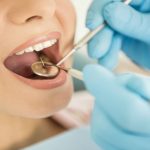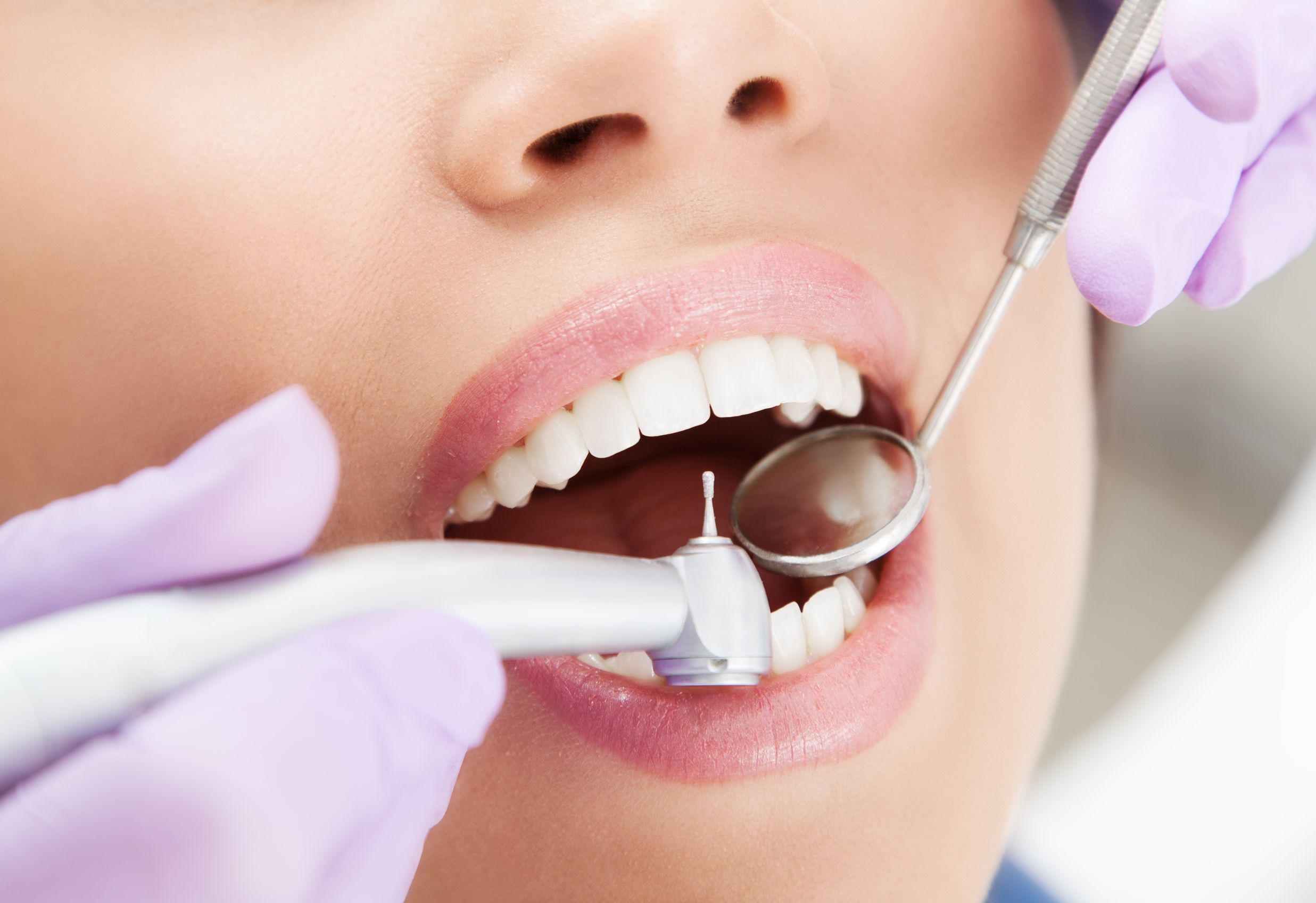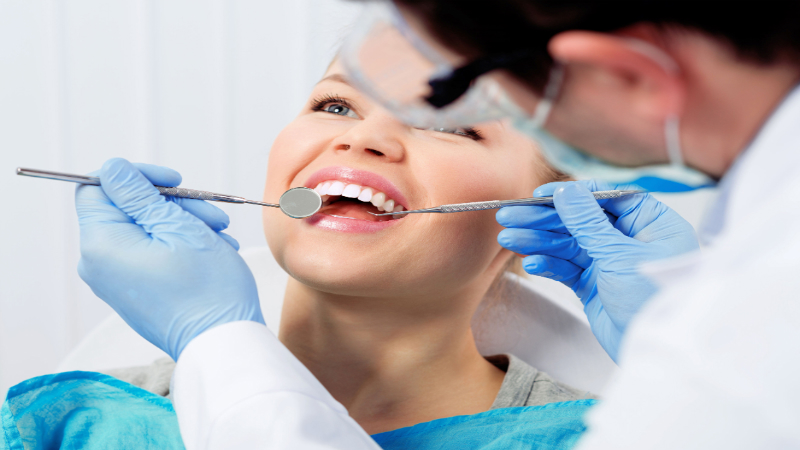The eight hours of sleep you get a night can actually wreak havoc on your teeth due to the gathering of bacteria. Not only can this cause staining issues and bad breath, it can also lead to poor oral health. The following is a list of tips that will help maintain your oral health as you sleep.
Brushing Before Bedtime
Brushing your teeth is the most obvious way to fight off bacteria in your mouth. Brushing before bed helps rid your mouth of bacteria that can cause tooth decay and gum disease. If you have a history of gum disease, you may want to brush after dinner and also right before bed.
Brush Properly
As crazy as it sounds many people do not brush properly. A Dentist in Port Elizabeth will likely recommend that you brush with deliberate short strokes. You should start with the front teeth and the move back from there. Knowing the proper way to brush will help you in the fight against tooth decay and gum disease. You should immediately correct your brushing technique if you have been doing it wrong.
Flossing
When you floss you are removing leftover food and bacteria from your teeth. If you neglect to floss before bedtime you are enabling bacteria to feed on the food particles as you sleep. This will inevitably increase your chances of overall poor oral health. The plaque that you leave behind by not flossing will harden and turn to tartar which has to be removed during a cleaning at your dentist. Most dentists recommend that you floss at least twice daily, once in the morning and once at night time.
Mouthwash
You should obtain a therapeutic mouthwash that will actually do more than just freshen your breath. Many of the ingredients that are added to the therapeutic mouthwash can actually help to strengthen your teeth and improve your overall oral health. Be sure to consult your dentist about the right kind of mouthwash to use. Most over the counter mouthwash is just for bad breath and will not actually treat any dental problems that you may have. The good news is, however, there are several types of mouthwash that can be used for specific problems, such as stained or discolored teeth, gingivitis and other oral health issues. If you are unsure, your Teeth Whitening Dentist will likely be able to help you choose the right one for your needs.







